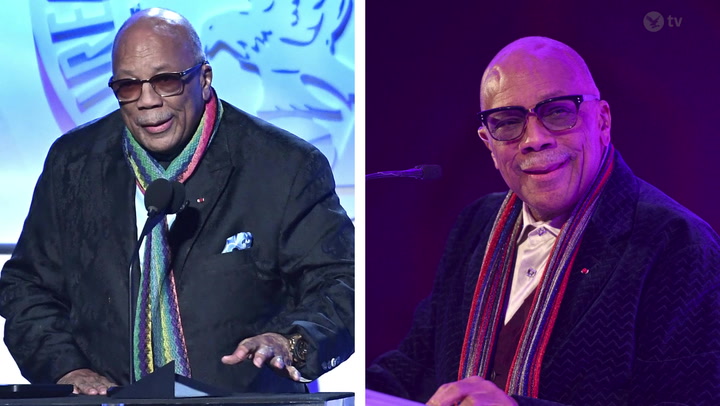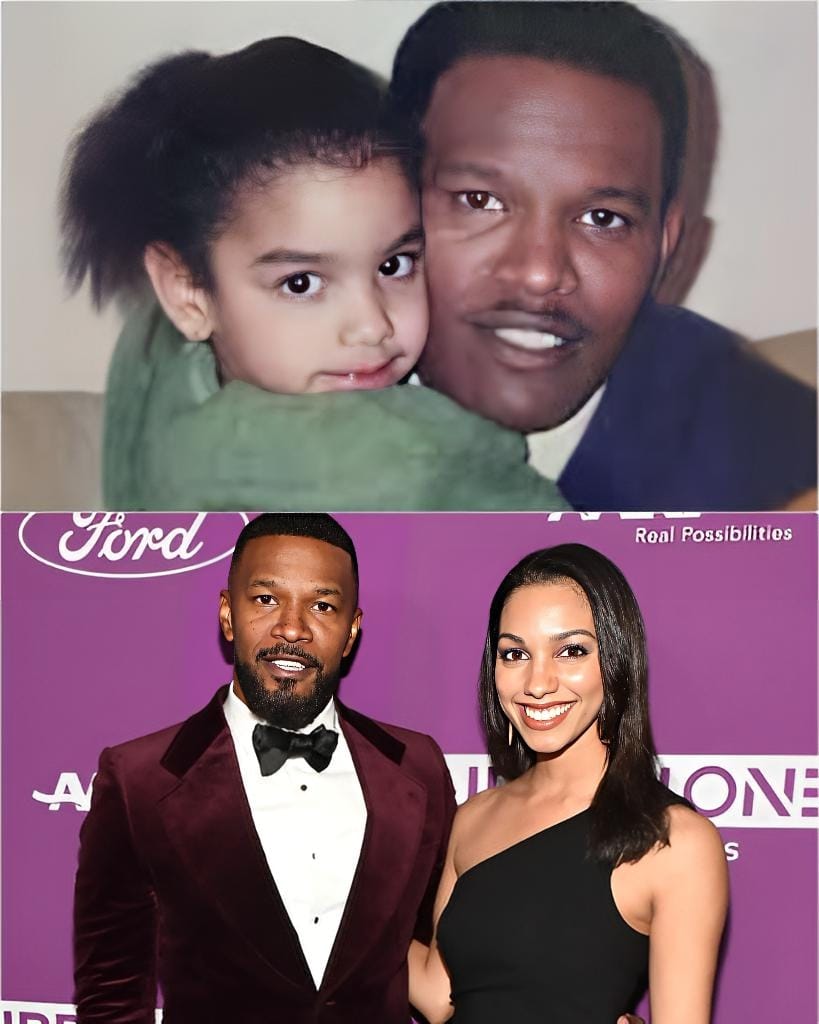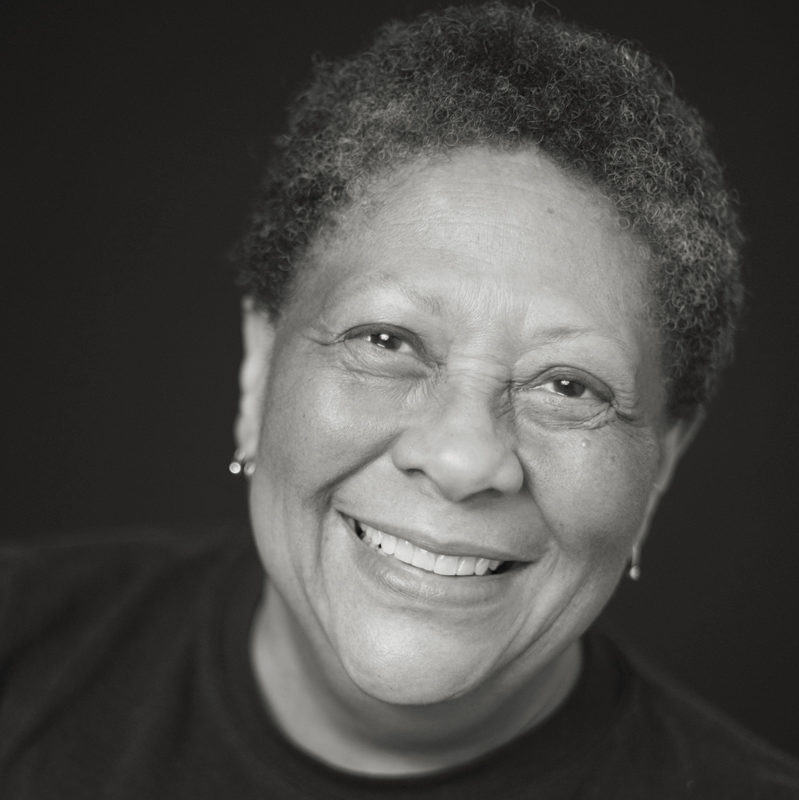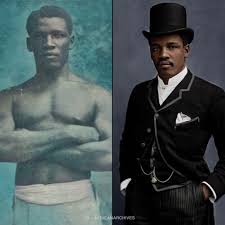KNOXVILLE, Tenn. (WATE) – If history was any indication, Junior Karmen Jones had no chance of becoming the University of Tennessee’s Student Body President, of the 99 presidents who preceded the 2020 election not one of them was a black female.
At 100, Jones became the first.
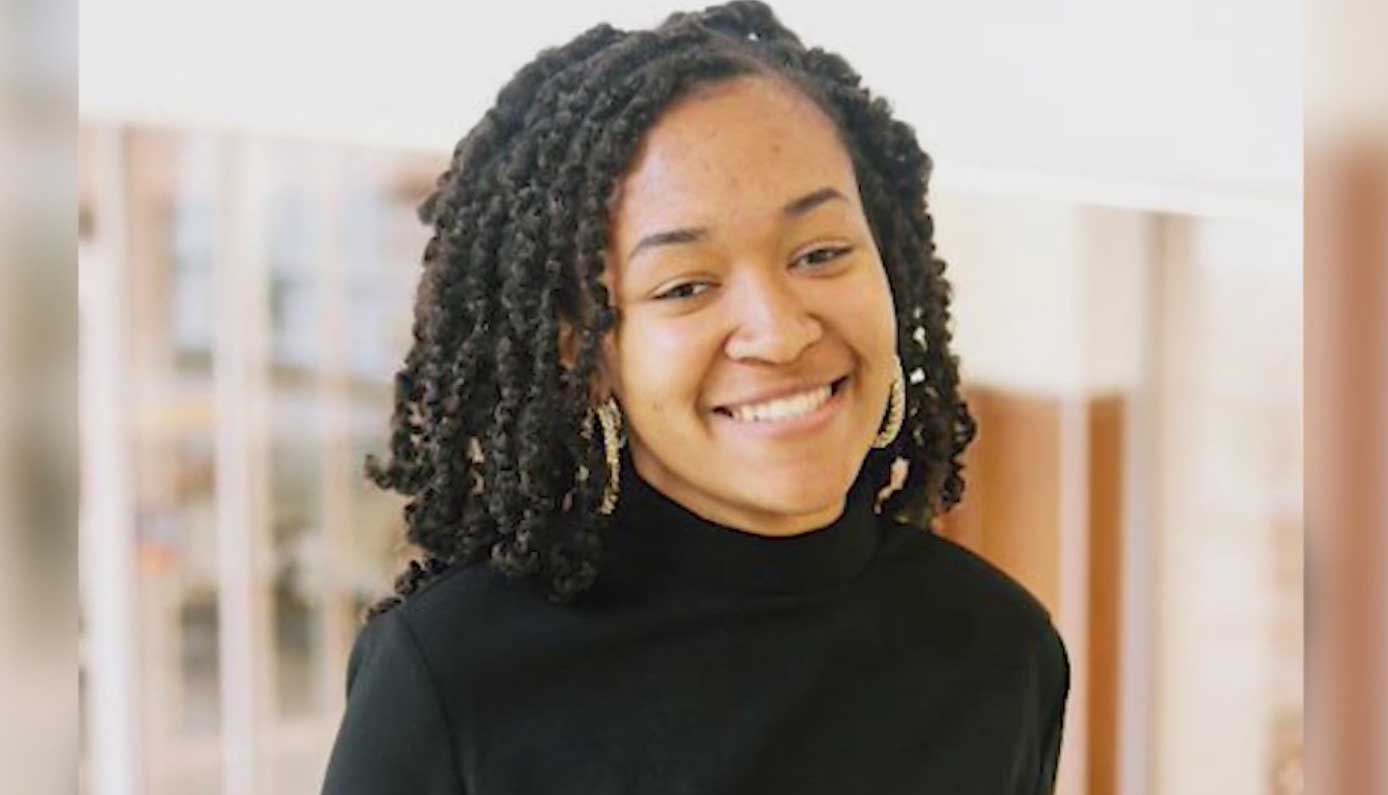
“People are seeing this historic moment, which I’m so grateful for, however, I am constantly working,” Jones said. I don’t have a moment to process that it’s me I’m actually the first black woman (president) and part of that makes me sad because it’s 2020 and it’s just happening now.”
An education major, Jones had no intention of running for SGA President when she arrived at the University of Tennessee.
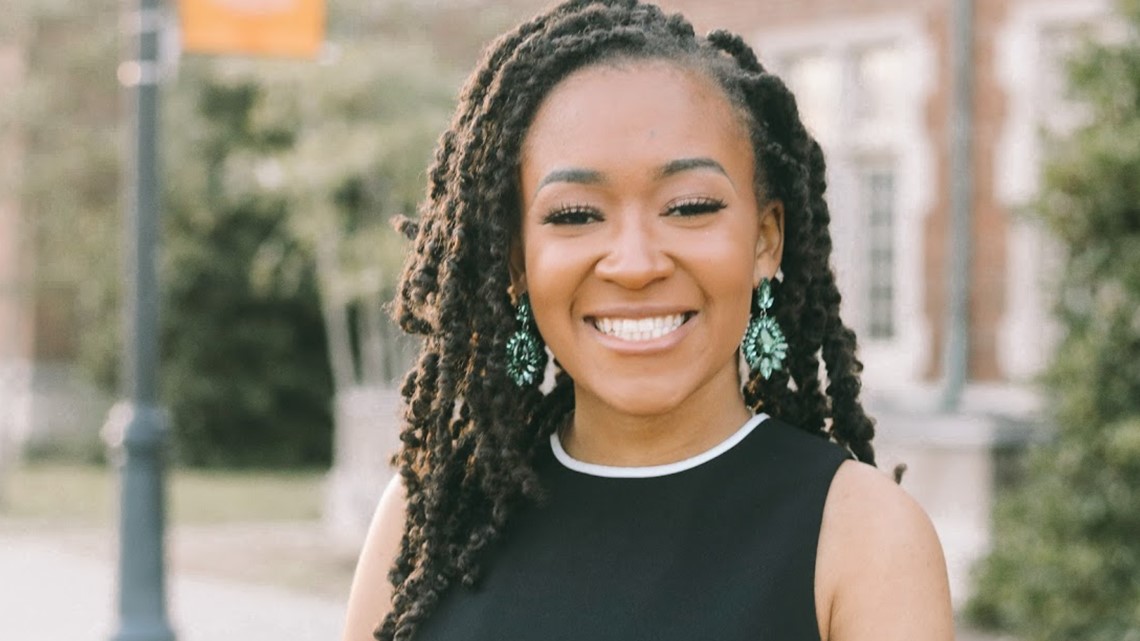
“I walked into it knowing that my university, I think at that time, was only seven or eight percent black,” she recalled. “I did not see students that looked like me in my class.”
During her sophomore year, while serving as a member of the Diversity Affairs, Jones saw images of her university peers in blackface appear on social media.
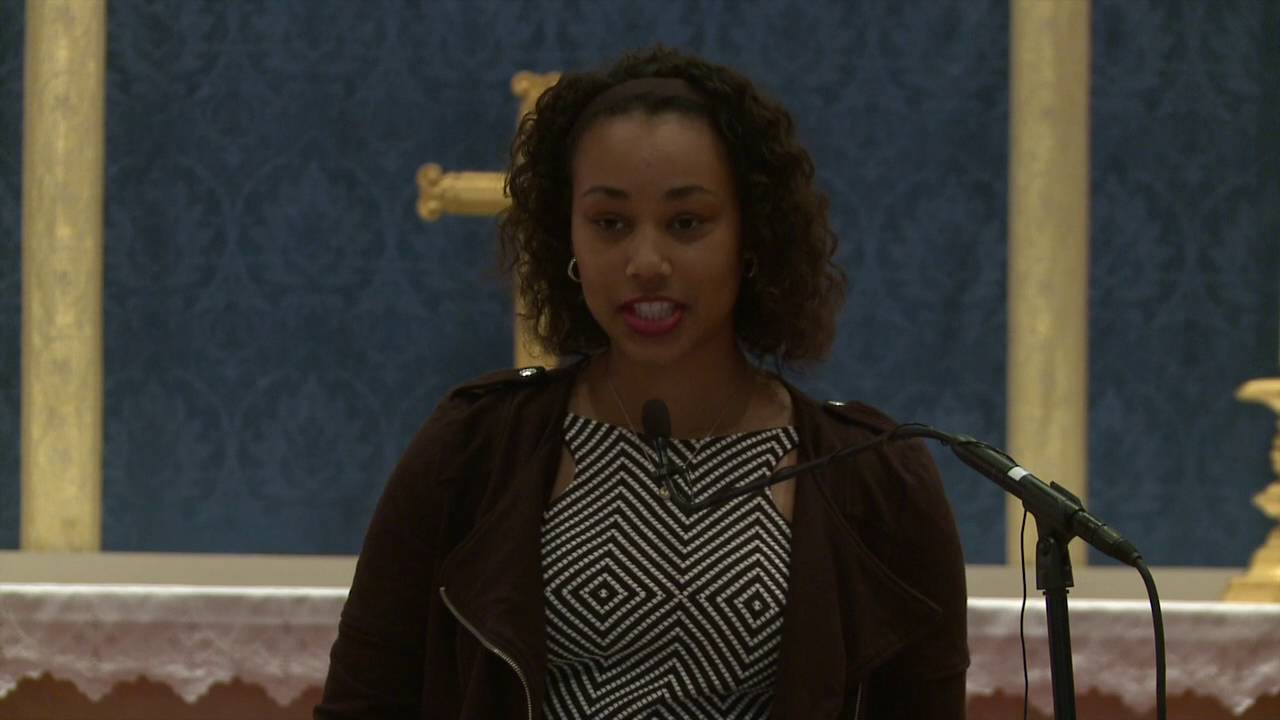
“That was one of those right in your face racist moments,” she said. “This was something that my grandma talked about this is something that my mom talked about. I never imagined that in the 21st century that it would actually happen on our campus. I was appalled by that.”
Jones immediately began asked herself a question.
“How do I respond to this at a predominantly white institution,” she asked. “We have some issues we need to address and we need to get this right.”
Change became the focal point of her presidential campaign, running on a ticket with that title. Three of the top four on the ticket were minorities, to Jones knowledge the first of such a ticket at the University of Tennessee.
“Representation is why we ran,” she said. “I knew that I needed that figure to look up to and unfortunately I didn’t have a black woman to say let me be the second, let me be the third.”
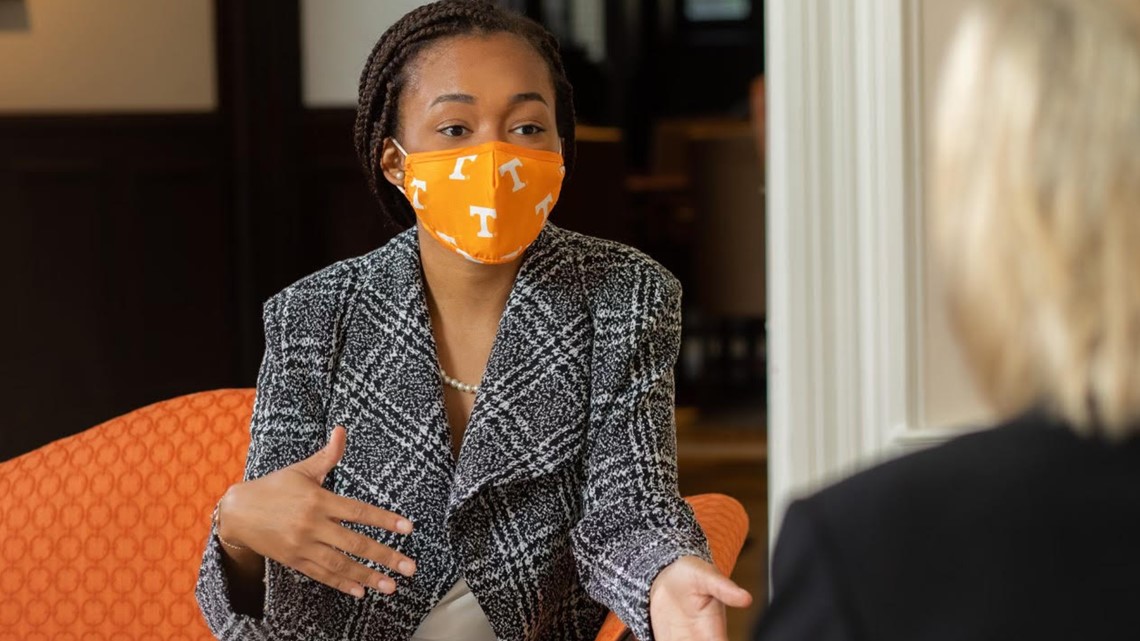
Instead, the first black female student body president who ran on ticket centered around change comes in 2020. During a time when the outside world is demanding change for racism and social injustice. The parallel is not lost on Jones.
“I think God intended for me to be here at this moment,” Jones said. “I think that the weight of it is a little heavier to carry now and that’s not to say I didn’t expect it. But the weight of this has increased by two, by three.”
Jones said her new position requires a bit of balancing and learning how to work with the administration but also represent herself.

“I’m stuck in this spot where I’m representing all students but my identity and my subjectivity and my ancestry require me to address me in the way that would be appropriate and that would benefit black students,” she explained.
Now that Jones is in a position to be the change, her top priority has been to reform the school’s code of conduct to make hate speech count as harassment.
“It puts students in a position where they cannot learn,” she said. “It affects their mental growth, you can’t expect students to walk into a classroom and focus on their coursework and being a scholar if they have all these unnecessary distractions that don’t need to happen around them.”

